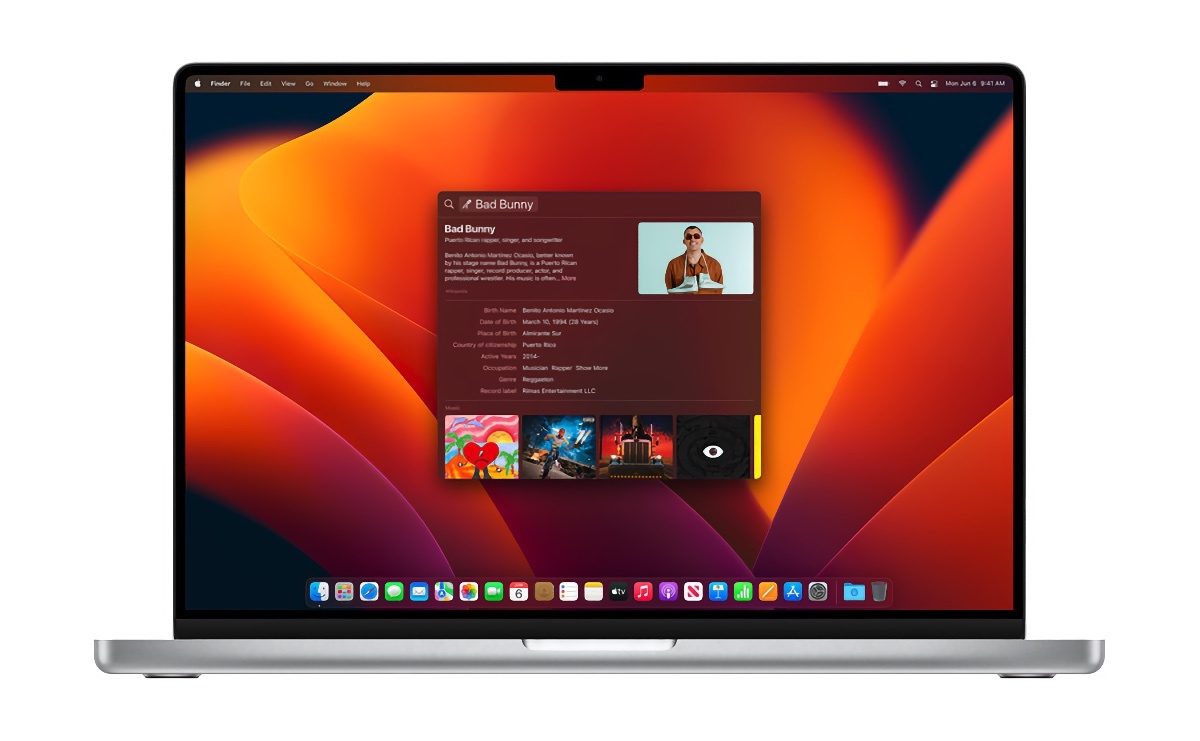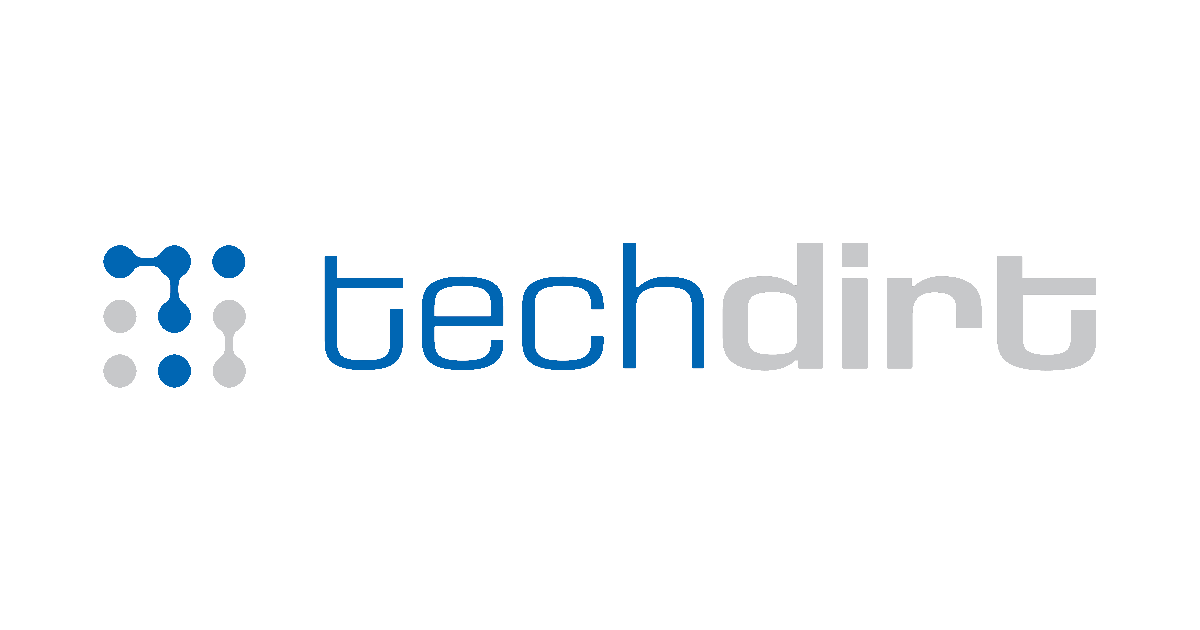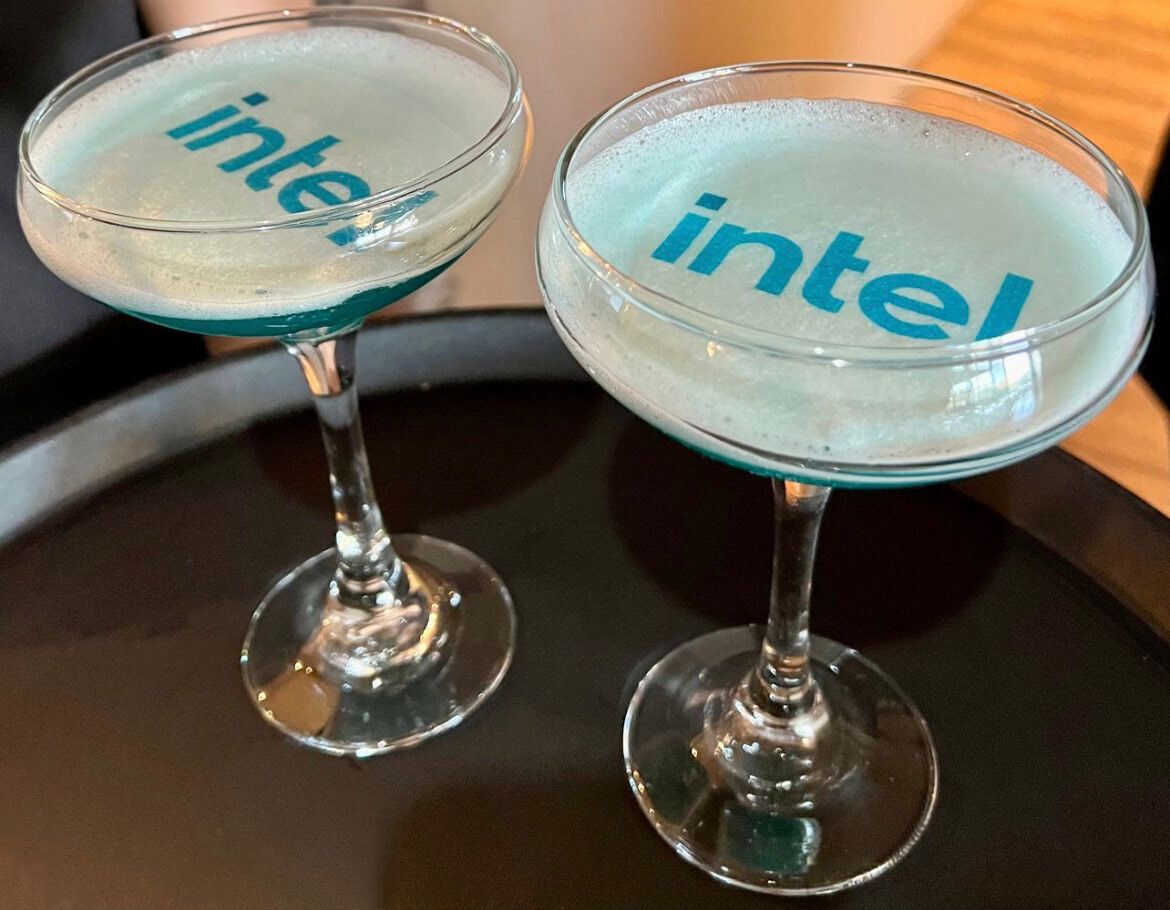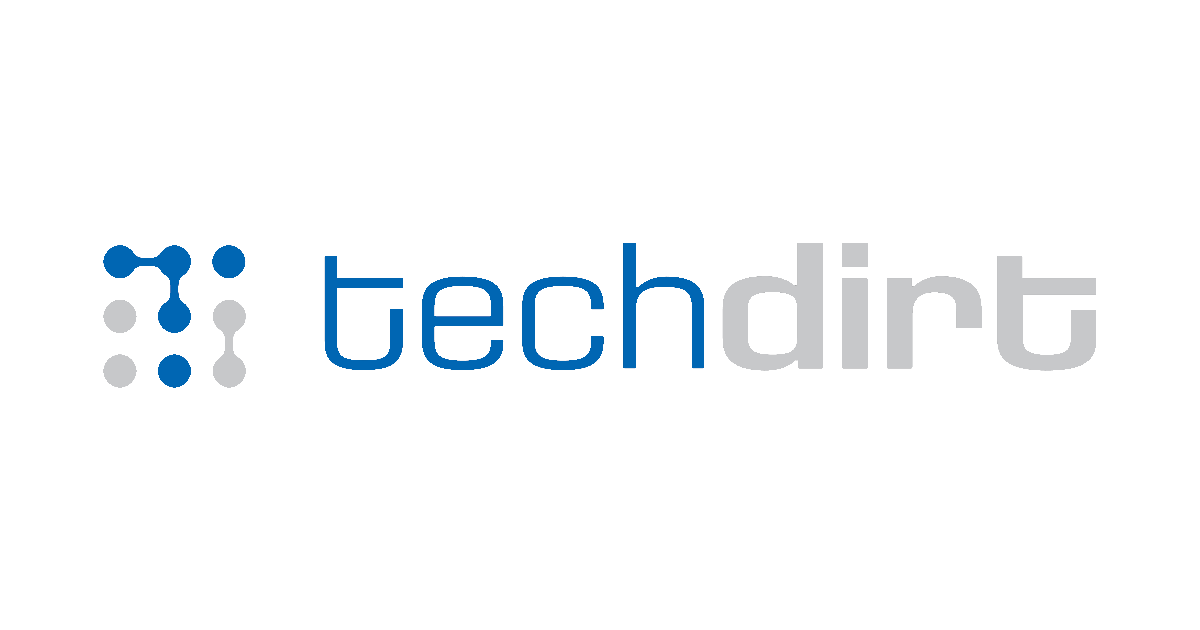geosoco
- 31 Posts
- 61 Comments

 1·1 year ago
1·1 year agoYeah as the other person suggested i suspect it’s more like “when do these expire?” “does this have mold on it?” “what does this sign say?”
You might get some about “does this match?” but i don’t know

 91·1 year ago
91·1 year agoThe problem is that so many browsers leverage hardware acceleration and offer access to the GPUs. So yes, the browsers could fix the issue, but the underlying cause is the way GPUs handle data that the attack is leveraging. Fixing it would likely involve not using hardware acceleration.
As these patterns are processed by the iGPU, their varying degrees of redundancy cause the lossless compression output to depend on the secret pixel. The data-dependent compression output directly translates to data-dependent DRAM traffic and data-dependent cache occupancy. Consequently, we show that, even under the most passive threat model—where an attacker can only observe coarse-grained redundancy information of a pattern using a coarse-grained timer in the browser and lacks the ability to adaptively select input—individual pixels can be leaked. Our proof-of-concept attack succeeds on a range of devices (including computers, phones) from a variety of hardware vendors with distinct GPU architectures (Intel, AMD, Apple, Nvidia). Surprisingly, our attack also succeeds on discrete GPUs, and we have preliminary results indicating the presence of software-transparent compression on those architectures as well.
It sounds distantly similar to some of the canvas issues where the acceleration creates different artifacts which makes it possible to identify GPUs and fingerprint the browsers.

 9·1 year ago
9·1 year agoYou should 100% lie when you can. You can give every site a different email address, name, birthday, gender, and location and just note all of that in your password manager.
However, there’s a lot you just can’t control, like other people catching you in their pictures.

 5·1 year ago
5·1 year agoOr leave the house 😢

 291·1 year ago
291·1 year agoThis only sorta works for today and if your friends never share images or videos online. The ever-increasing amount of people taking pictures and filming and posting them online means the day is quickly approaching where you could be identified and tracked through other people’s content, security & surveillance cameras, etc.
If stores start adopting the tracking used at Walmart and the Amazon biometric data, social media will be the last of your worries.

 10·1 year ago
10·1 year agoWho says there’s no innovation in tech companies today? lol

 12·1 year ago
12·1 year agoAvatar checks out

 9·1 year ago
9·1 year agoI have no idea what their business model is, but this would be a great way to collect more data for training various forms of AI. Arguably without harvesting people’s personal data or their creative works.
I also suspect that because it’s an assistive tool, it can probably get a fair bit of grant money.

 16·1 year ago
16·1 year agoYes, it’s a press release, but I think this is maybe a an interesting use for some of the AI to augment that of volunteers who help describe and annotate for people who have vision challenges.

 241·1 year ago
241·1 year agoWelcome to the future [of shit]!

 2·1 year ago
2·1 year agoI saw some research a while back around giving computers personality traits or having them respond more human like, and college students found it super creepy. If you watch how people interact with assistants, it’s very different than from interacting with humans.

 5·1 year ago
5·1 year agoFrom a feature-functional perspective, sure, but it’s not entirely true. The biggest differentiators for social media are rarely the core features, but the content and friends. There’s a few specific groups that have slowly been migrating from Twitter and Mastodon there.
There’s a couple of very famous people that have moved over and because the audience is smaller, they tend to engage with people more often.

 8·1 year ago
8·1 year agoThis has arguably always been the case. A century ago, it could take years to get something published and into a book form such that it could be taught, and even then it could take an expert to interpret it to a layperson.
Today, the expert can not only share their research, they can do interviews and make tiktok videos about a topic before their research has been published. If it’s valuable, 500 news outlets will write clickbait, and students can do a report on it within a week of it happening.
A decent education isn’t about teaching you the specifics of some process or even necessarily the state-of-the-art, it’s about teaching you how to learn and adapt. How to deal with people to get things accomplished. How to find and validate resources to learn something. Great professors at research institutions will teach you not only the state-of-the-art, but the opportunities for 10 years into the future because they know what the important questions are.

 11·1 year ago
11·1 year agoIt doesn’t really matter. If you find value in using it, just keep using it.

 24·1 year ago
24·1 year agoHad this question like 2 years ago, thinking it was due for an upgrade… At this point, I wouldn’t be surprised if they never release another.
I think it supports pretty much everything you might want in a device already.

 1·1 year ago
1·1 year agoMany folks running instances take donations. Folks are happy to toss up a few bucks to help cover costs. Similar to how people are happy to hop on patreon and support whatever creators on a monthly basis. That’s where a lot of the core mastodon money comes from. There’s also grants from orgs and governments too to contribute.
This isn’t a new concept, and the internet has always had services that worked like this. Usenet, mirrored file repositories, etc. It wasn’t until the early 2000s that many things started to become centralized, and we see how well that’s worked out.

 3·1 year ago
3·1 year agoTHere were a few but they got bought (eg. tweetdeck).
There are also 3rd party apps for mastodon that a lot of people like, and they try. But for many people, mimicking the parts of Twitter they value is difficult to do without proper backend support for supporting algorithms, and even then the way activitypub works it still makes it difficult to support for most developers.
Two of the key features are discovering new or related content, which is hard to do in mastodon as it needs to calculate similarity across all of the profiles and their content in order to make recommendations – or collect data like your cell contacts to help you connect with people you already know. Most people don’t want contact sharing, and indexing all of the recommended profiles, especially across federated servers is challenging.
The second is engagement based recommendations. Many social media users aren’t incredibly active. They want to open the app in specific moments to quickly catch up with everything since they last opened the app. To do this well, you need to know what they’ve engaged with and look back at content since they last logged on and rank it based on that. People may follow 1000 people, but really care about maybe 30-40 accounts the most. Friends, family, specific journalists or famous people. Mastodon just gives you like a sample of the last 50 or so items. If you follow anyone super active, you may just get a lot of noise in those updates.
Obviously, there are times when everyone wants a linear timeline, but it depends upon their daily use.

 4·1 year ago
4·1 year agoThat’s definitely true. It’s also a concern for a lot of infrastructure like parking garages and bridges.
I suspect it’s left out because the site focuses on tech, but I’ve seen a few articles looking at that this year. I think some states already do licenses based on weight, though arguably it’s not enough.
Apparently, there’s some loopholes that manufacturer’s are using to justify increasing weights (eg. this ), and a similar taxbreak from some recent legislation for cars over 6k lbs.

 2·1 year ago
2·1 year agoThank you! Super glad that your daughter is doing great and this is working for her!
That’s all fascinating. I’d seen a few videos of people who had pumps talking about how it effectively revolutionized their lives, but I didn’t know exactly how. I didn’t know the finger pricks were still common. I just assumed there was some intermediate device between pricks and phones, but boy was I wrong.


















Many sites have had to enable reveal passwords for people with complicated passwords not using password managers.
It’s low risk, but their numbers are also coming from fairly dated hardware and is just proof of concept. It can almost certainly be speed up significantly.